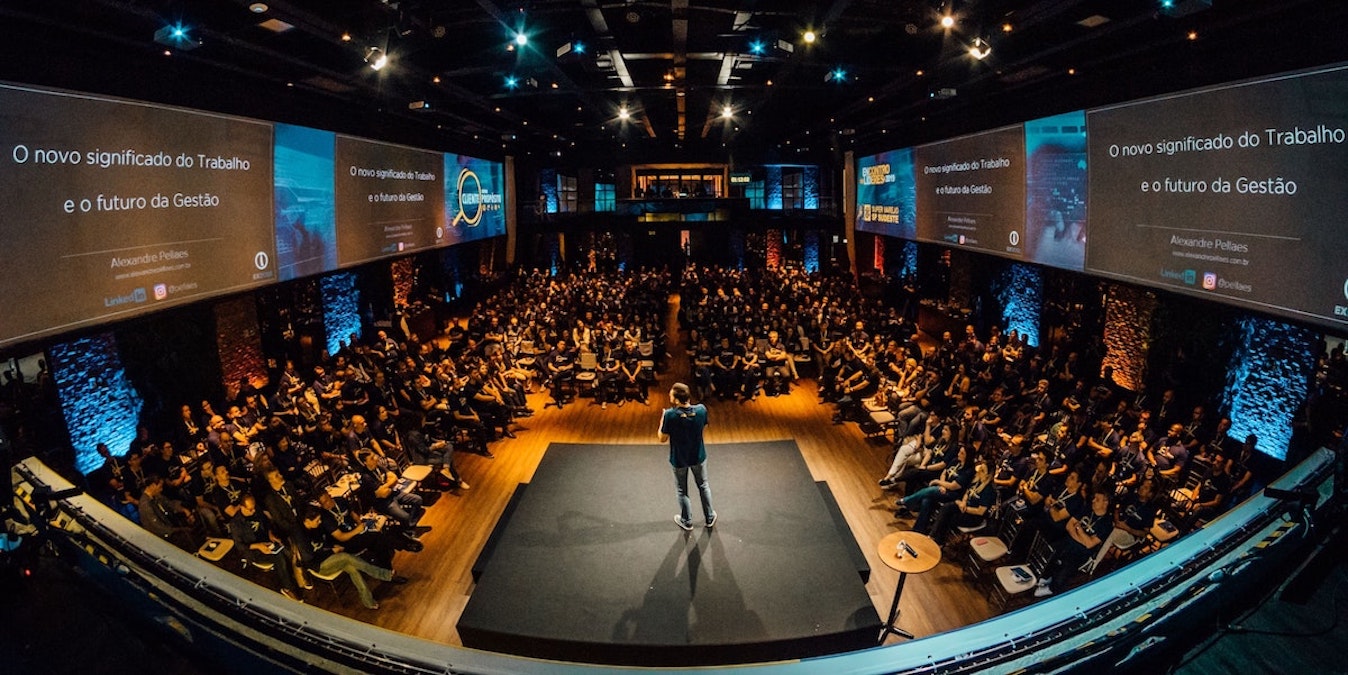Scholars have a long history of sharing their expertise with the public. Historically, this was done in the court of public opinion or the “public square” where huddled masses of citizens could gather to hear professors from nearby colleges discuss difficult topics through lecture or debate. Consider the historic intellectual “Battle Royale” between Booker T. Washington and WEB DuBois over the proper role of education for Black Americans. Like many of that time, they understood that collective wisdom was enriched by competing (even controversial) views grounded in deep philosophical differences, diverse value judgments, and hardcore evidence. That doesn’t always happen that way nowadays. But it is nonetheless important, if not more so, for leaders and scholars to take their research to the public as a way of sharing their expertise with those who invest in it.
Three Reasons Why Public Engagement is Important
- Sharing scholarly expertise with the public helps wide(r) audiences recognize the value of their investment in higher education; it fulfills the social contract that frames higher education as a public good.
- Universities that increase their influence and reach through engaged scholarship are better able to recruit students, especially individuals from demographic, economic, and social backgrounds where personal contact, oral tradition, social change, and “word of mouth” recommendations weigh heavier than college rankings and endowment size.
- Publicly engaged academic work (re)connects higher education to the communities it serves, taking research out of the comfort of the ivory tower into public trenches where real-life actors can inspect its applicability, durability, and sustainability in the context of their lives. It’s a primary way for universities to advance their mission to generate and share new knowledge. If/when academic research passes the “realness” litmus test, then local, community, and global leaders can use it to make real change, formulate real decisions, solve real problems, and really improve the human condition. Failing this all-important clearance, however, can have dire consequences for scholars and their research in the new era of public accountability, inaugurated by social media, where engaged users can create structural changes through crowdsourcing, micro-organizing, and online protests, to name a few strategies.
With these important reasons for public engagement in mind, here are three forms of public engagement that academics, researchers, leaders, and other public intellectuals can use effectively.
Three Forms of Public Engagement
- Researchers can share their specialized knowledge with the public through formal lectures, presentations, opinion editorials (Op-Eds), podcasts, and “live” or pre-recorded webinars, to name a few. This gives academics a global audience, facilitates engaged learning, and increases the visibility of one’s work.
- Social media is another valuable form of public engagement that helps researchers to share their work with (and learn from) broad audiences, including fellow citizens. It also allows them to influence journalists, policymakers, and gain other professional opportunities. For example, I once tweeted a key finding from my research studies on minoritized and otherwise vulnerable youth formerly in foster care. That tweet led to a “DM” (direct message) from a state agency inviting me to their conference to share my research with a wide(r) audience, including foster parents.
- Open-access publications, including journals like Social Sciences & Humanities or Frontiers in Education, represent another effective form of engaged scholarship. Open-access journals replace the traditional toll- or subscription-based business model with one characterized by immediate, free online access to largely unrestricted articles, chapters, and even some books. Personally, I value sharing my work through open-access journals that remove financial barriers that limit or prohibit some individuals, institutions, and developing countries from getting the literature they need by placing the cost on those with resources (e.g., research funders) through “article processing charges” (APC), also known as publication fees. Many open-access journals offer waivers or discounts to authors with unmet financial need as a way of alleviating systemic inequities and removing APCs as barriers.


